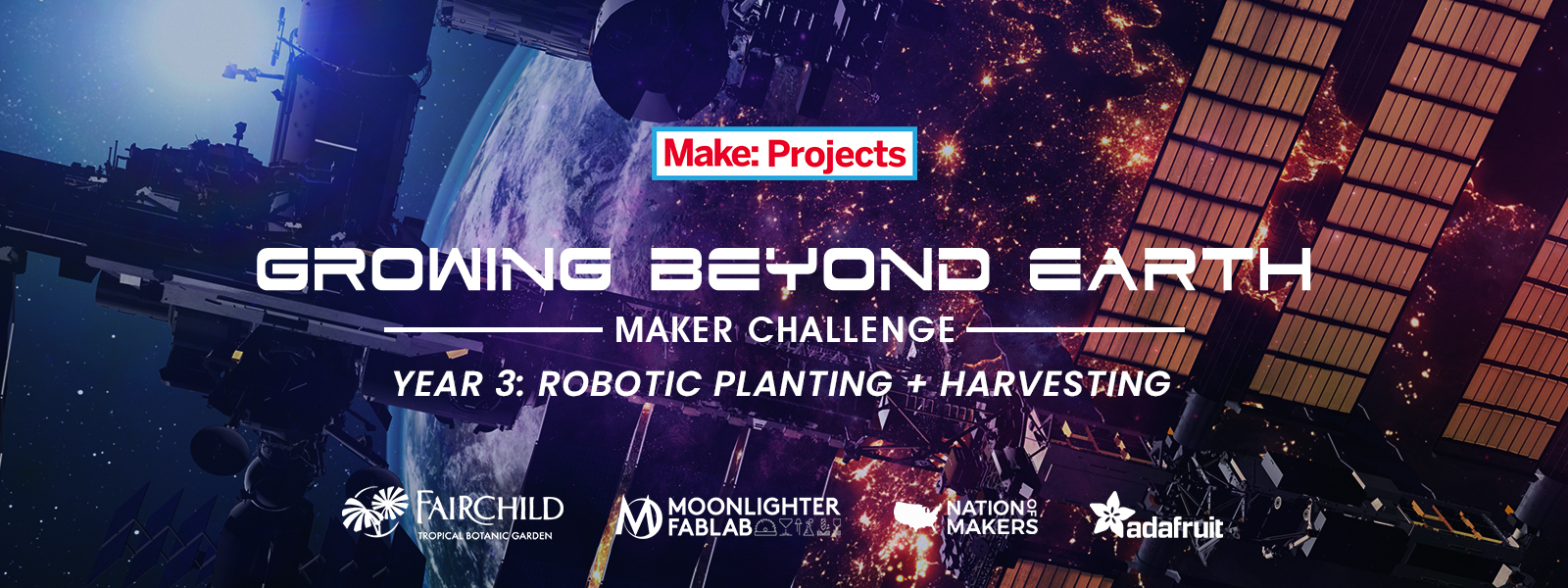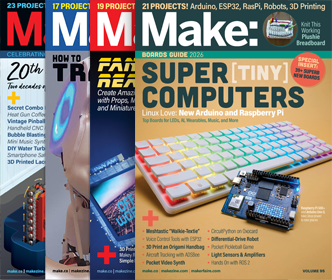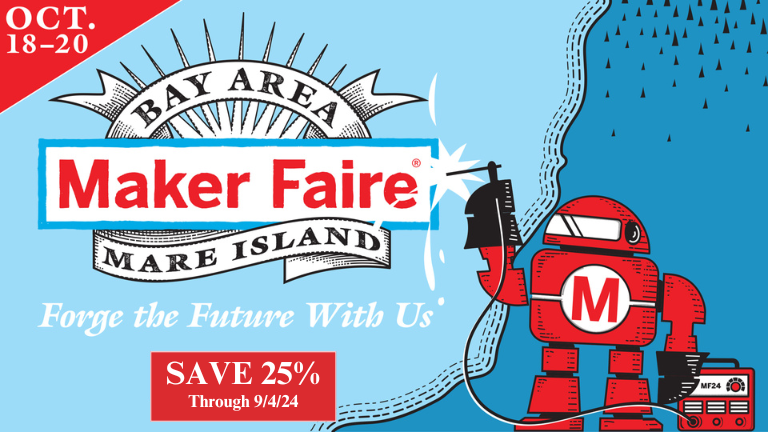
Fairchild Tropical Botanic Garden, in Miami Florida is partnering with researchers and engineers at NASA to improve food production technologies for long duration space travel. Together, we’re calling on makers across America to submit new designs for gardening systems to be used aboard spacecraft. responding to plant stress, future systems might be able to do these things by themselves. Fully autonomous systems could support food production without any human assistance.

The Problem
During crewed missions in space, astronauts have busy schedules with many demands on their time and attention. The plant growing systems aboard spacecraft should minimize the need for hands-on maintenance. Although existing systems now require human intervention for watering, adjusting lights, modifying airflow, and responding to plant stress, future systems might be able to do these things by themselves. Fully autonomous systems could support food production without any human assistance.

The Challange
Design, build, and test an autonomous system that can support plant growth without human intervention. Develop a smart system that might include sensors, cameras, and automated controllers for lighting, watering, and air circulation within a 50 cm cubic growing environment. Plant seeds of one or more of the predetermined plant varieties by hand, and grow them without any further human interaction over a 30 day period.
Year 1
The first year challenge focused on the optimal volumetric use of the 50cm cubic growing
chamber.

Year 2
The second year challenge focused on the automation of plant growth via sensors and systems.

Judging & Judges
While judging will solely be based on the year 3 objectives of automated planting and harvesting systems, the design must include the elements of the first two challenges (volumetric optimization of plant growth and automated systems) using your own design or referencing one of the designs in the previous submissions. Projects that build on an existing platform must link and credit the original team’s design in their proposal and presentation. This challenge is open to High School, College, and Professional teams. 5 Finalists will be selected from each track to refine their designs and submit to be the winning entry.

Dr. Gioia Massa
NASA Plant Research

Trent Smith
NASA Procurment

Ralph Fritsche
NASA Veggie Project Manager
Team Categories
High School
Collegiate
Professional
Submission Requirements
Judging will be scored based on:
- If the design addresses the challenge parameters.
- Whether materials for the design are readily available.
- If the design works in zero or low gravity environments.
- How much edible biomass the design plant and harvest autonomously.
Your project submission must include:
- A full submission on your build process including orthographic and isometric views of the final design.
- Materials List and Technologies list needed for your design.
- Any associated files: Code, Drawing Files: .pdf / .ai / .dwg /.dxf , 3D Files: .stl / .obj / Fusion360 or SolidWorks
Finalists' Submissions
The top five teams from each category will be selected to continue to the second phase and will receive $500 to cover the build costs of their final prototypes. Finalist teams from each category will present at NOMCON 2022!
Finalist Requirements
- All of the previous project submission requirements.
- A complete plant harvest data sheet.
- A video presentation that is at least 90 seconds in length.
- A physical prototype.
Timeline
October 21, 2021
- Kick Off Webinar
7:00 pM EST
November 18, 2021
- Chat with the Experts
7:00 PM PST
January 27, 2022
- Progress Check & Critique
7:00 PM PST
February 17, 2022
- Phase 1 Submissions Due
7:00 PM PST
March 3, 2022
- Phase 1 Finalists Announced
TBD
March 24, 2022
- Finalists Q&A with NASA
TBD
May 12, 2022
- Progress Check & Critique
TBD
June 1, 2022
- Finalist Submissions Due + Presentations
11:59 PM EST

This project is based upon work supported by NASA under award No 80NSSC18K1225. Any opinions, findings and conclusions or recommendations expressed in this material are those of the authors and do not necessarily reflect the views of the National Aeronautics and Space Administration.
We'll assume you're ok with this, but you can opt-out if you wish.
Our websites use cookies to improve your browsing experience. Some of these are essential for the basic functionalities of our websites. In addition, we use third-party cookies to help us analyze and understand usage. These will be stored in your browser only with your consent and you have the option to opt-out. Your choice here will be recorded for all Make.co Websites.




